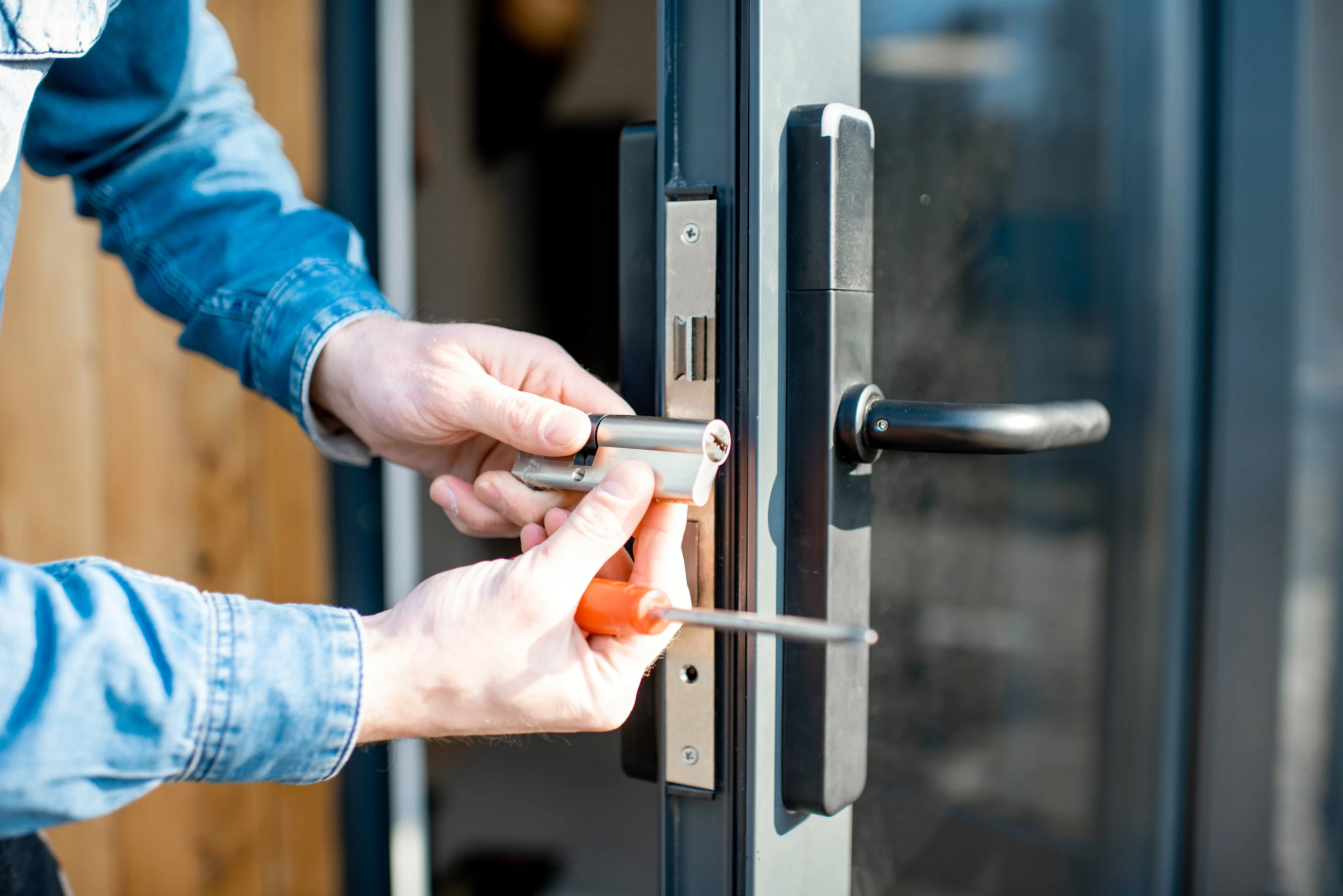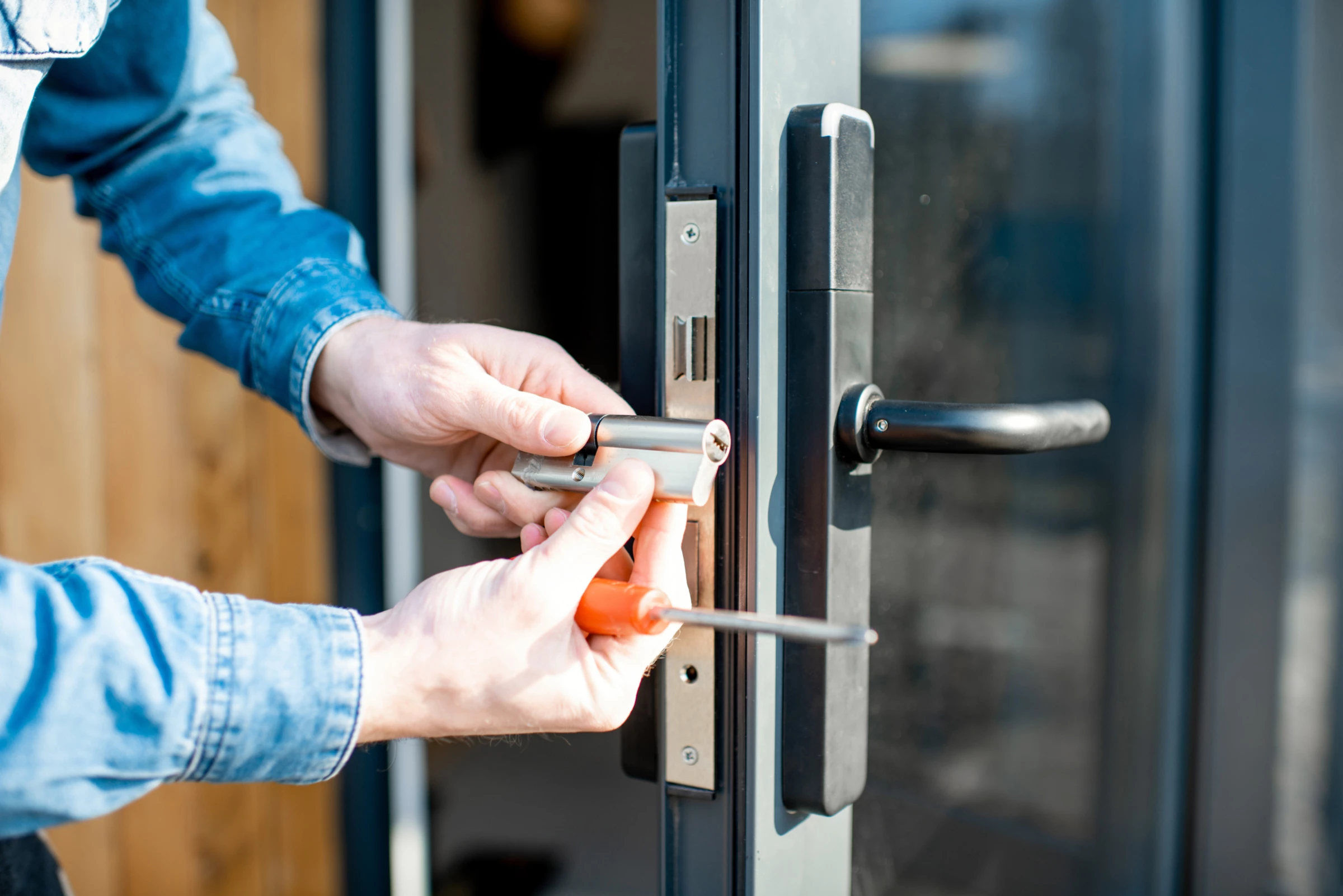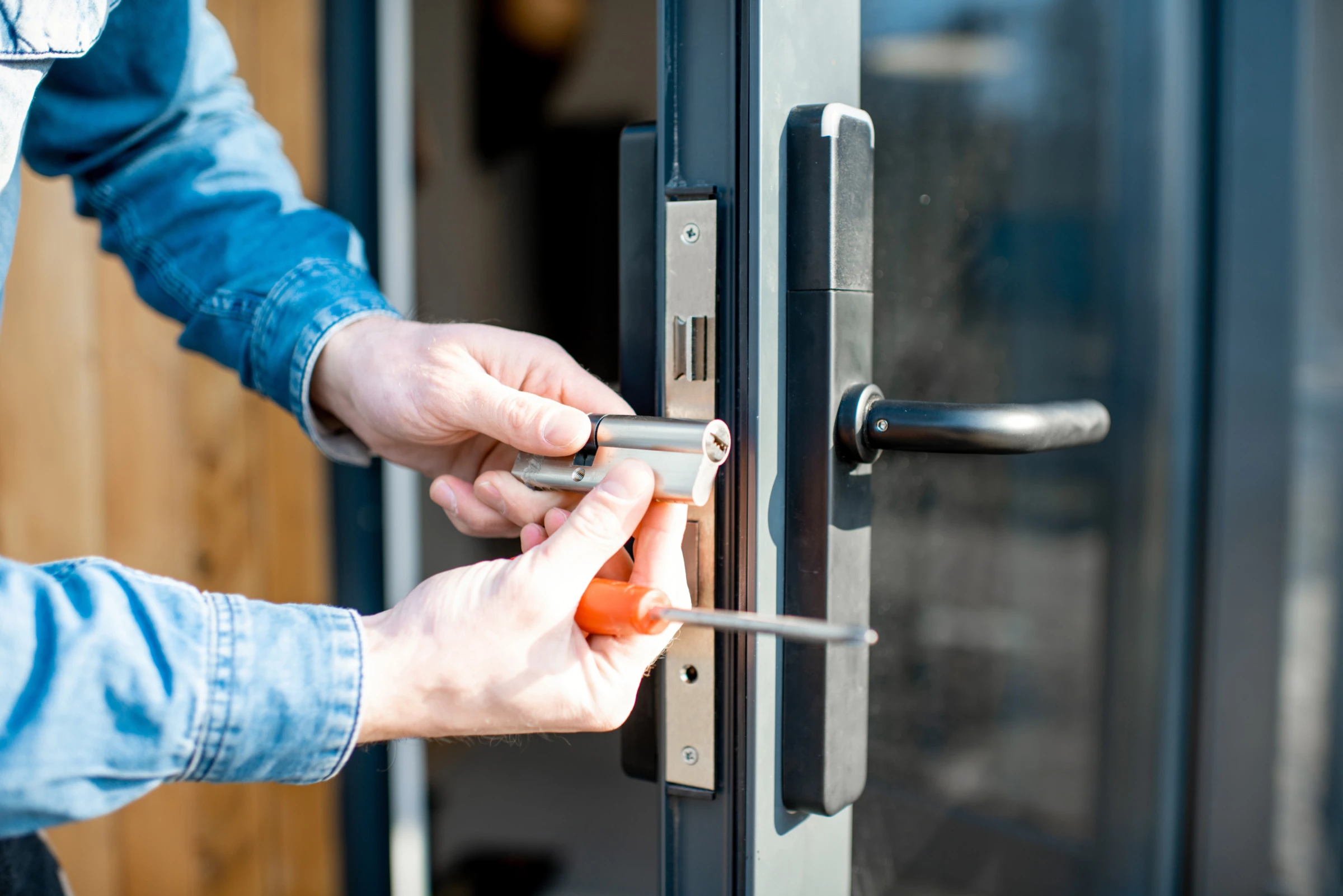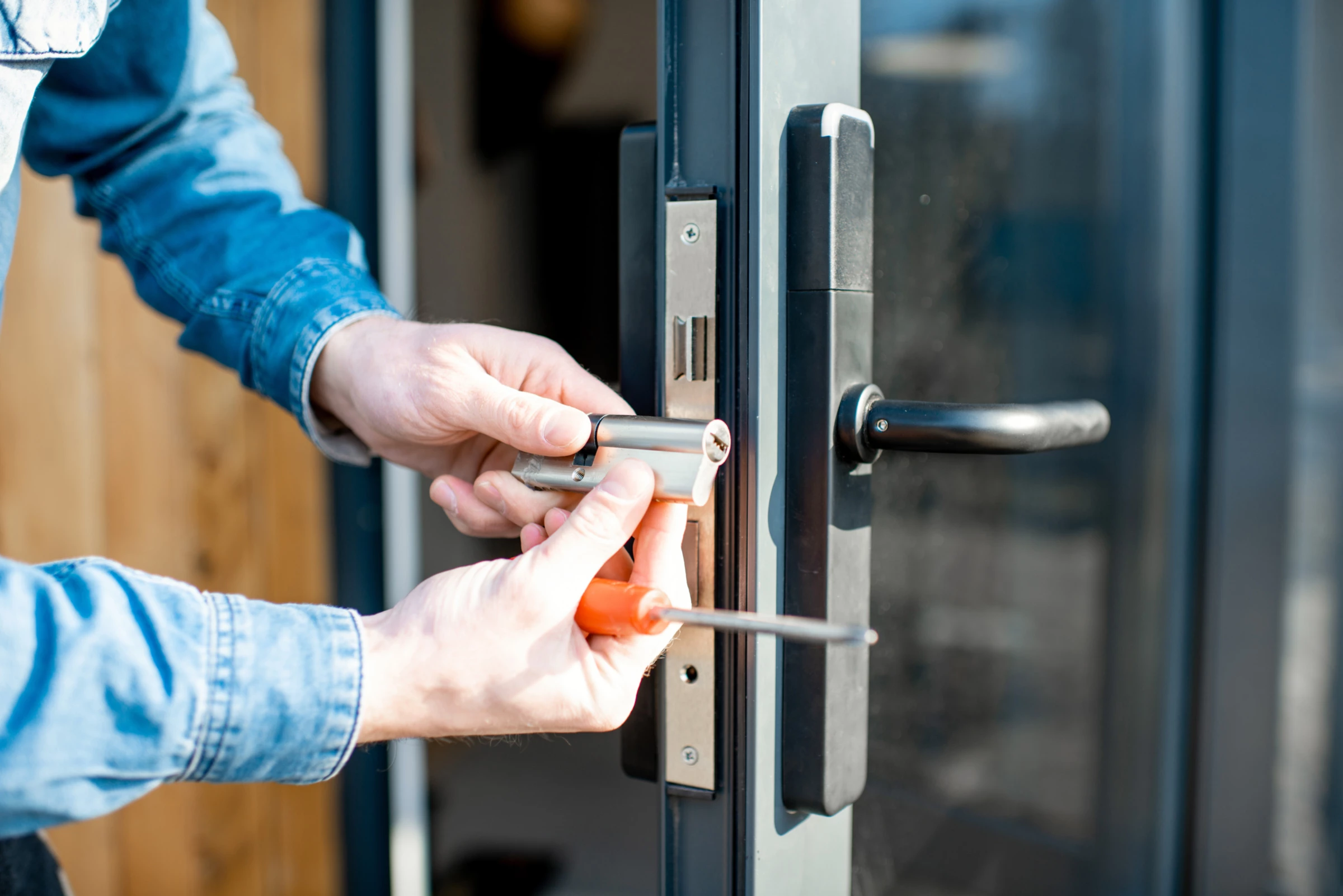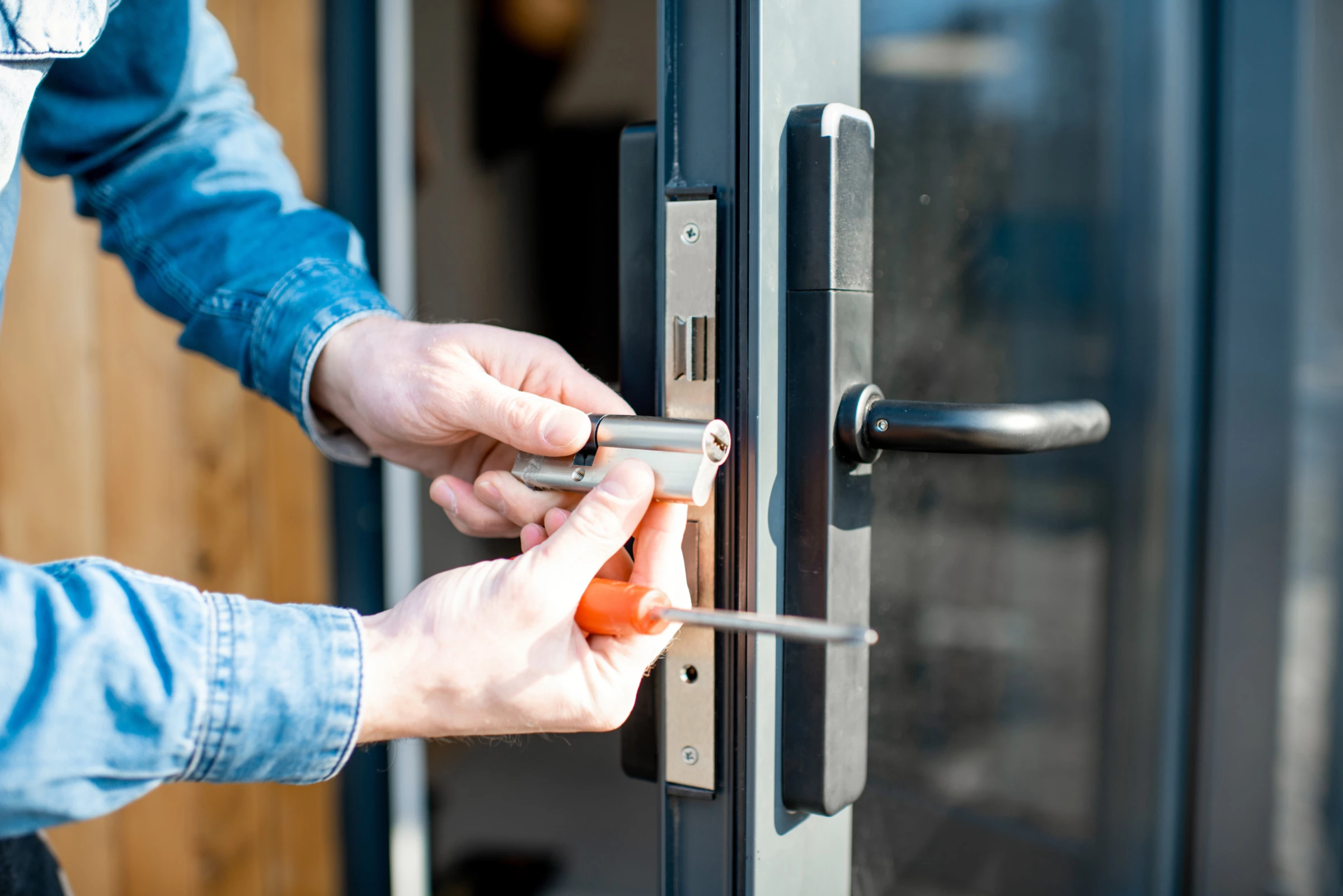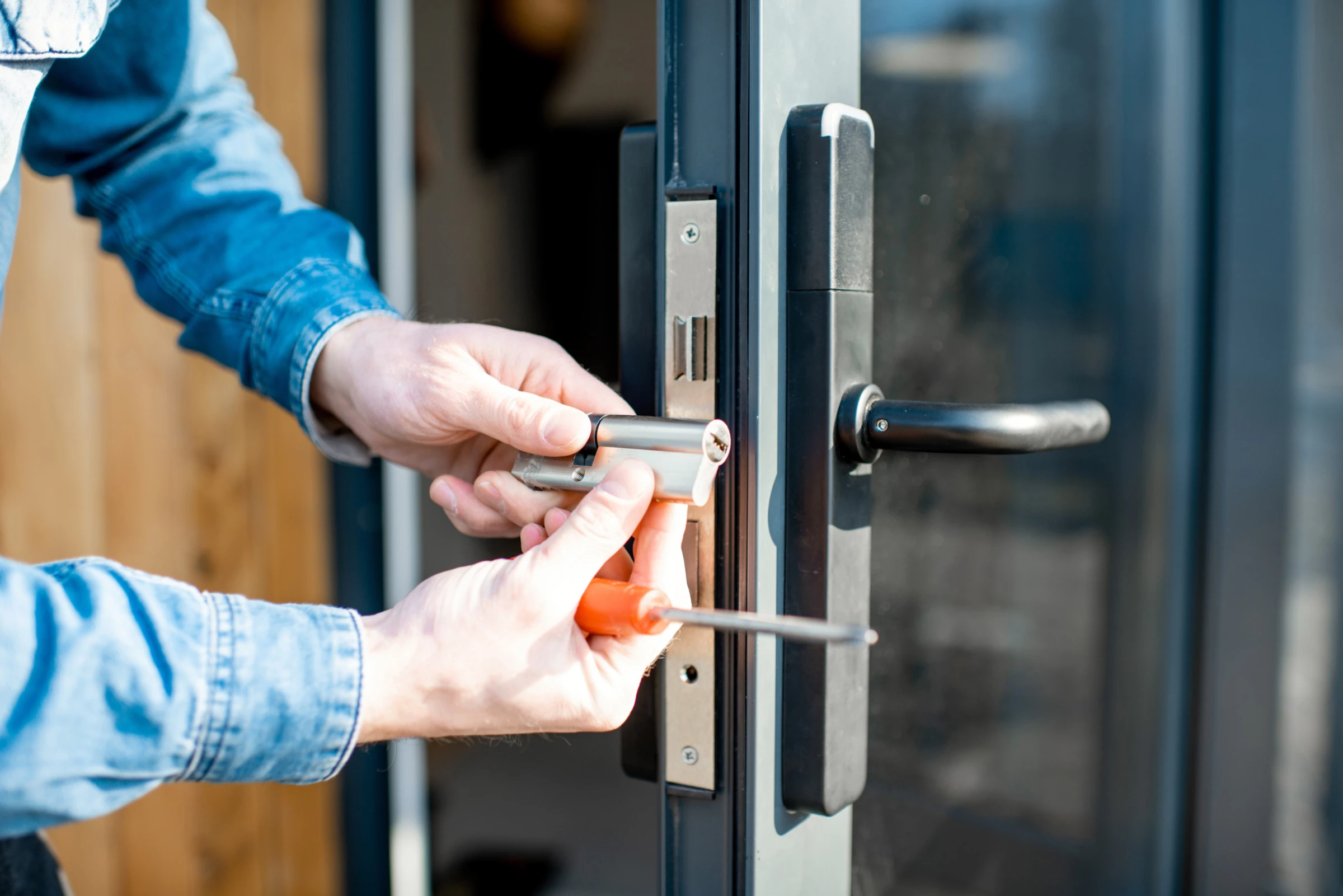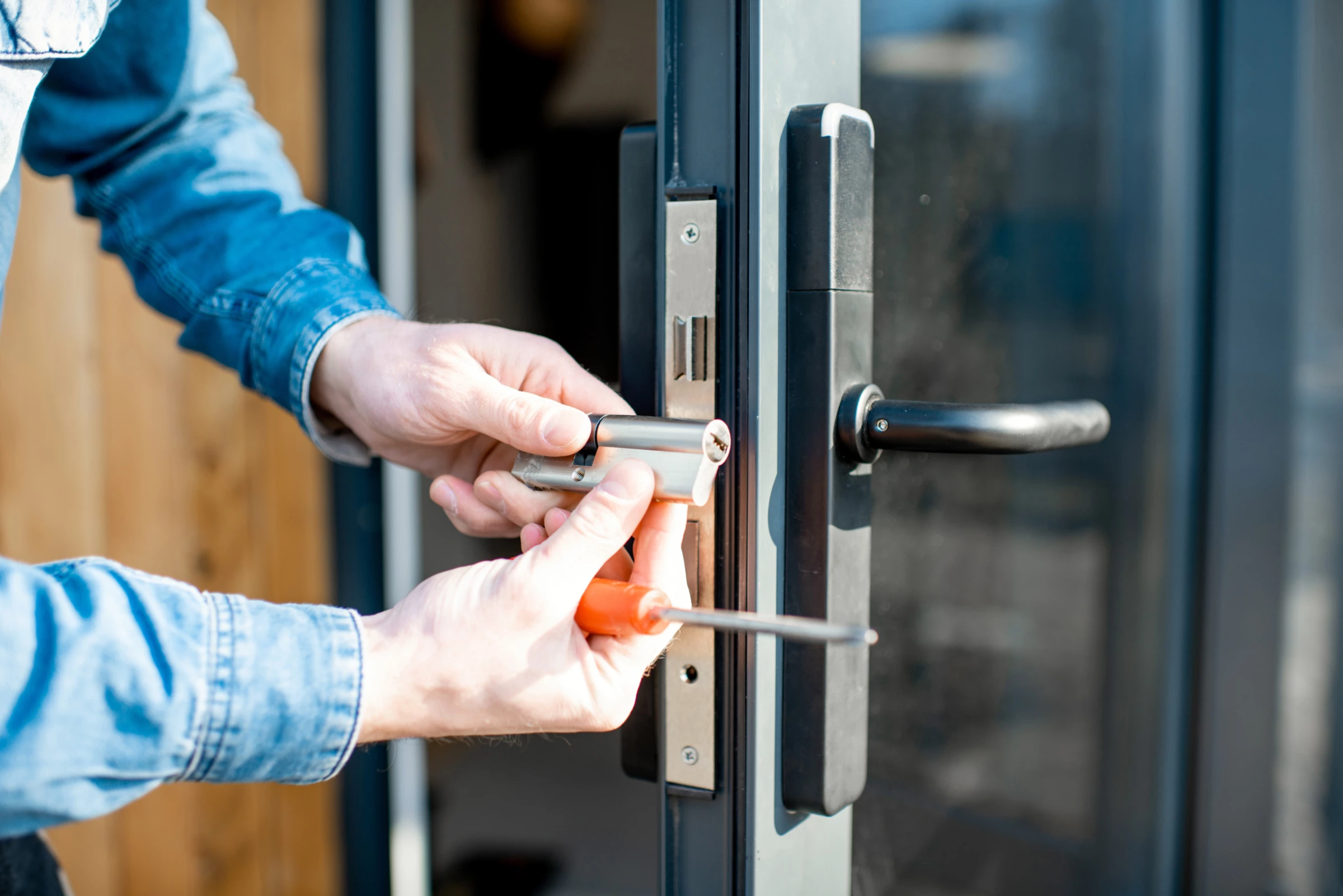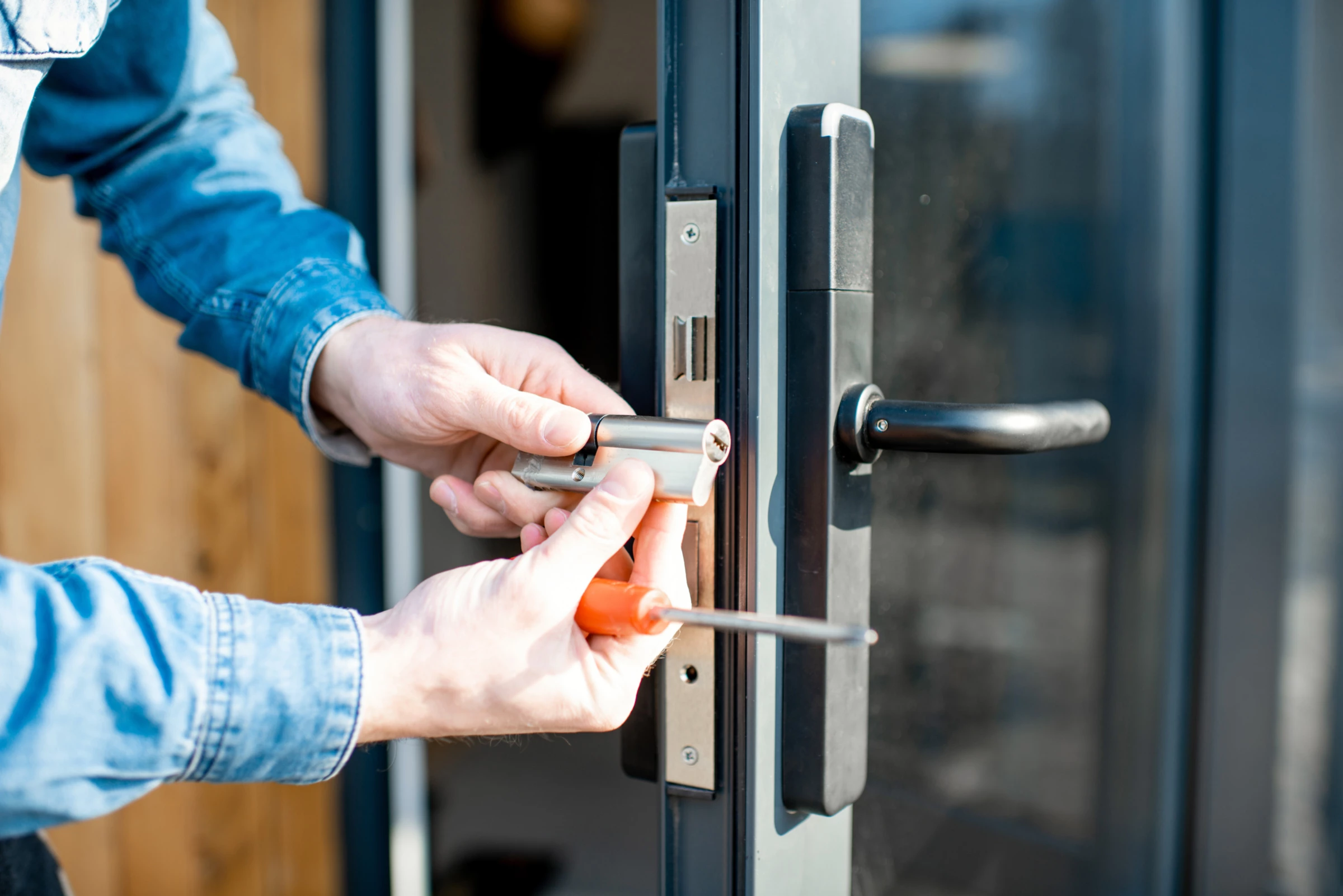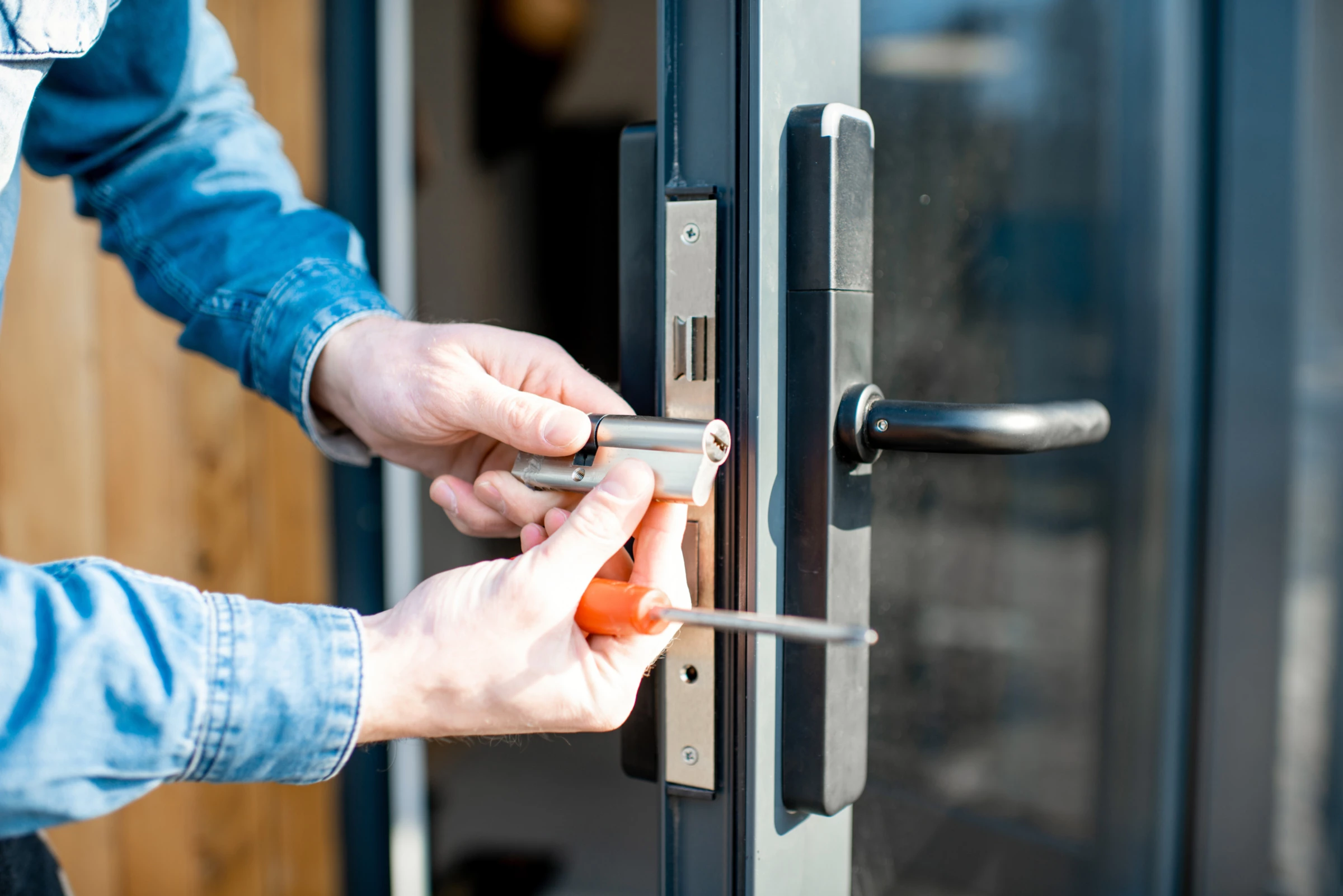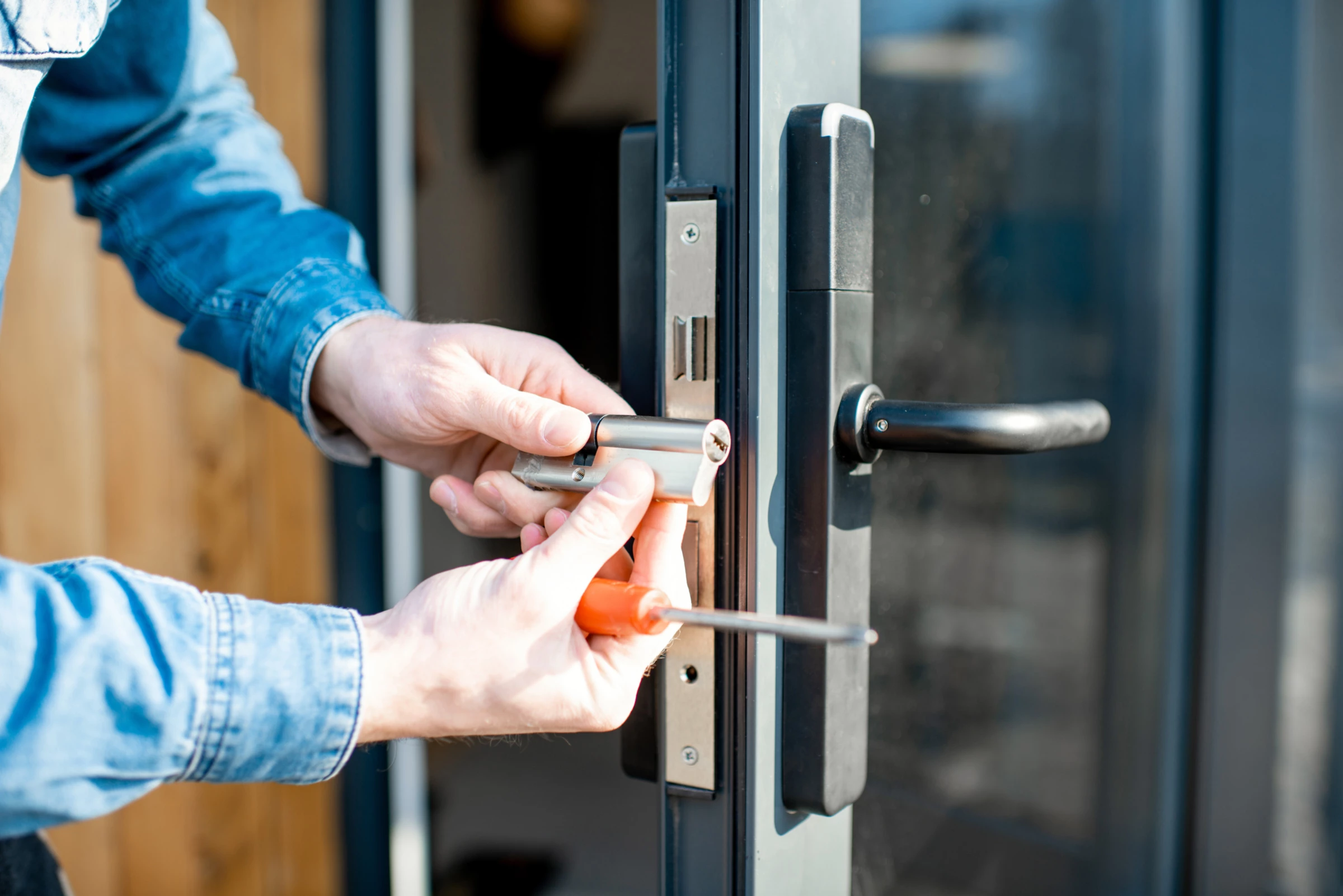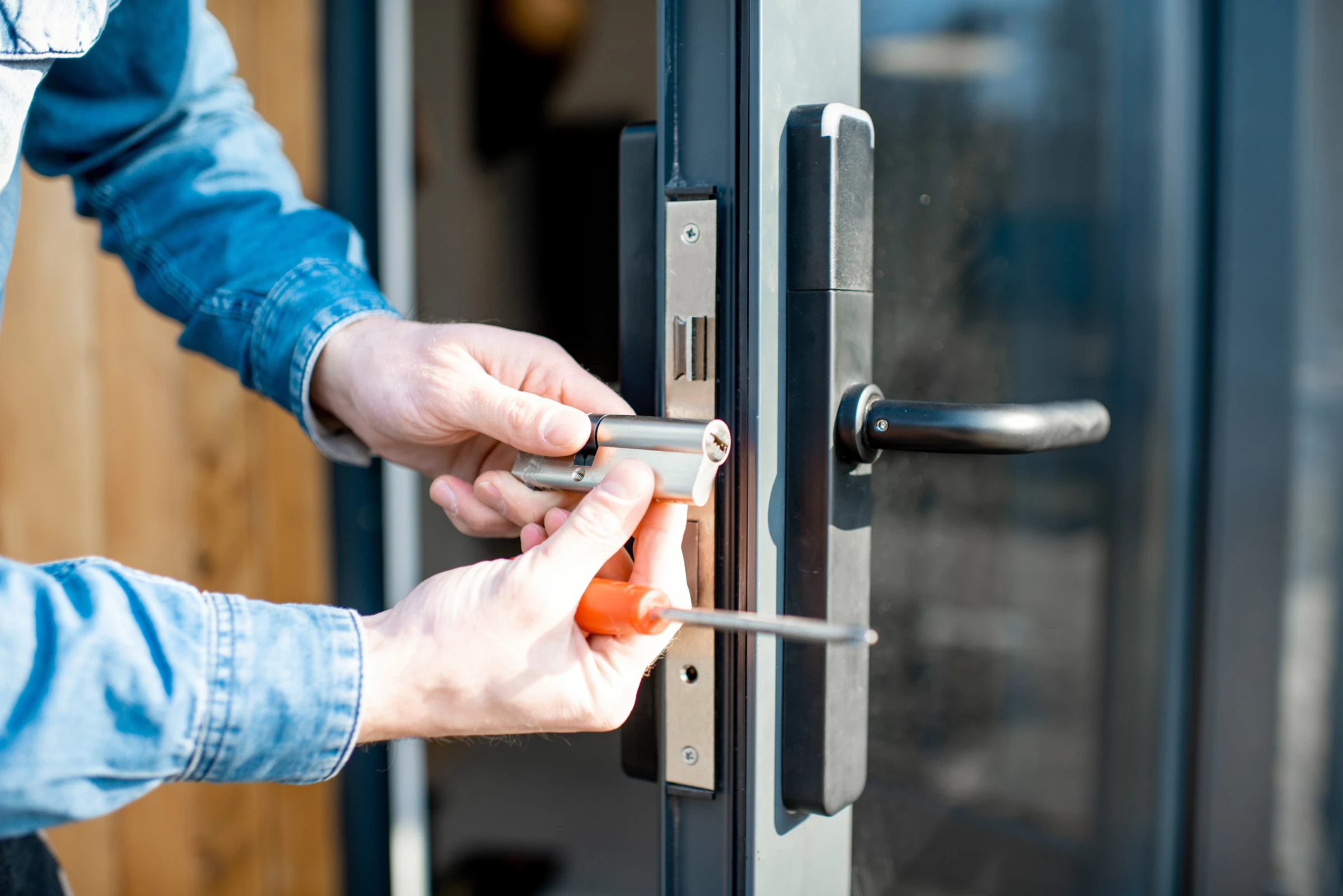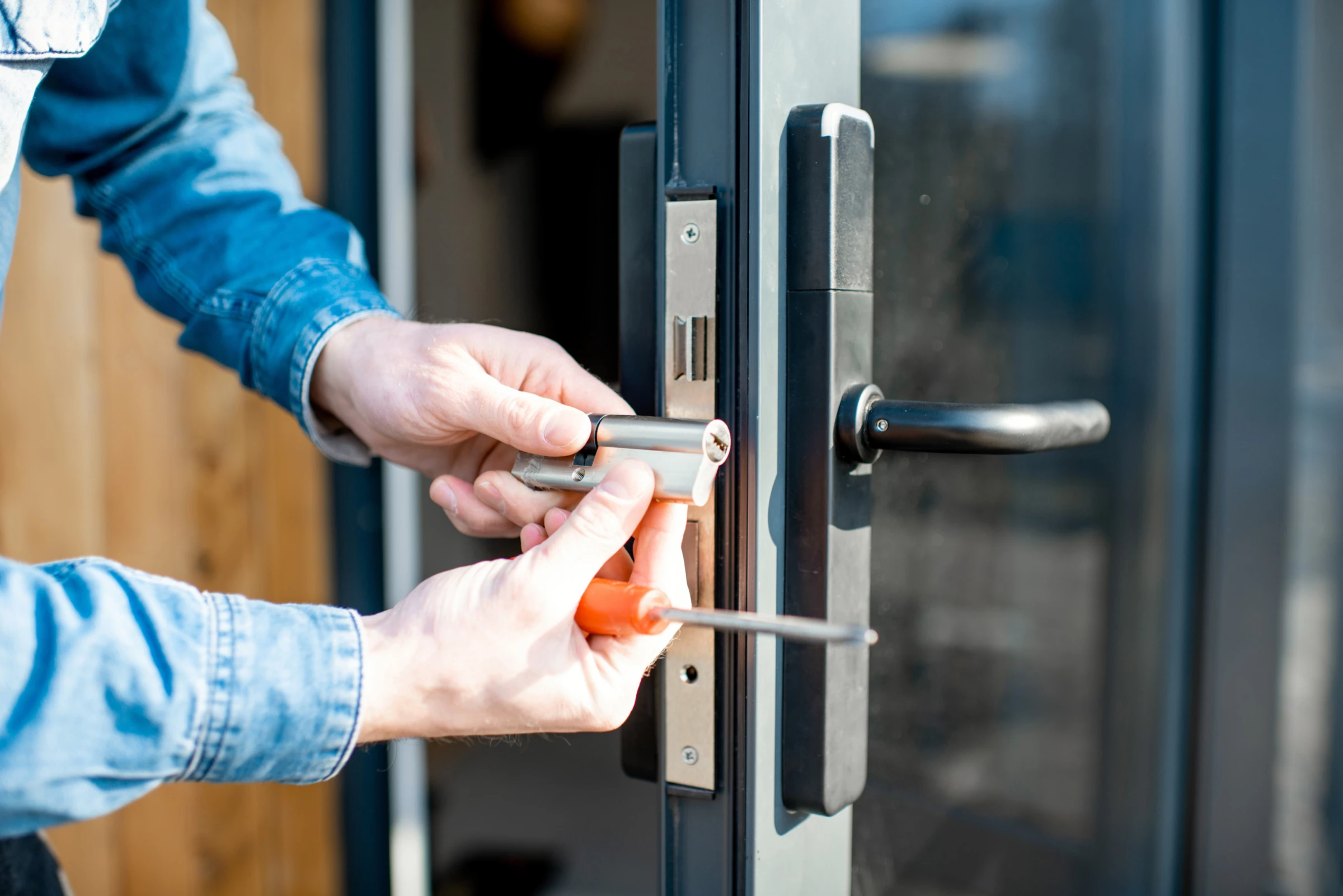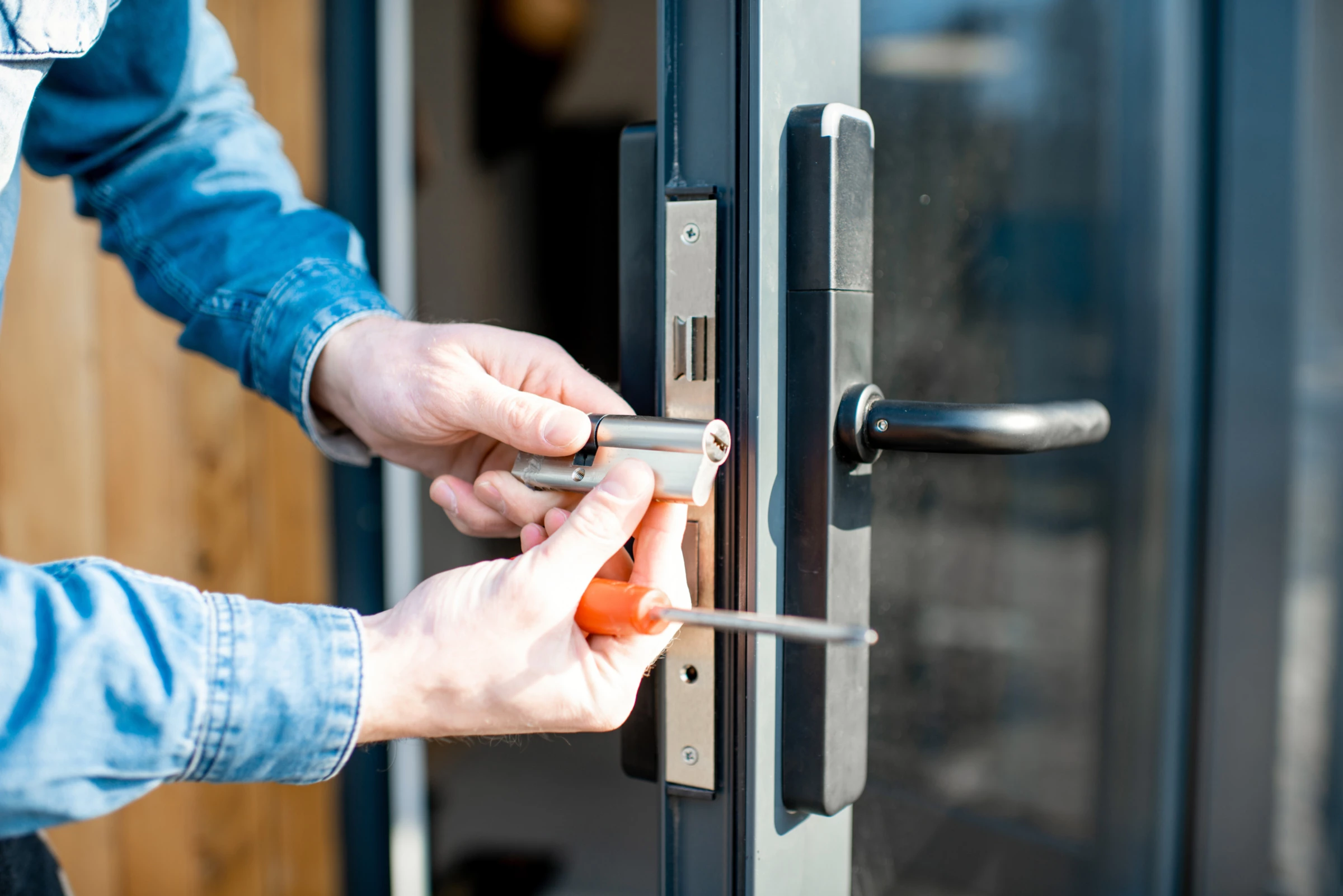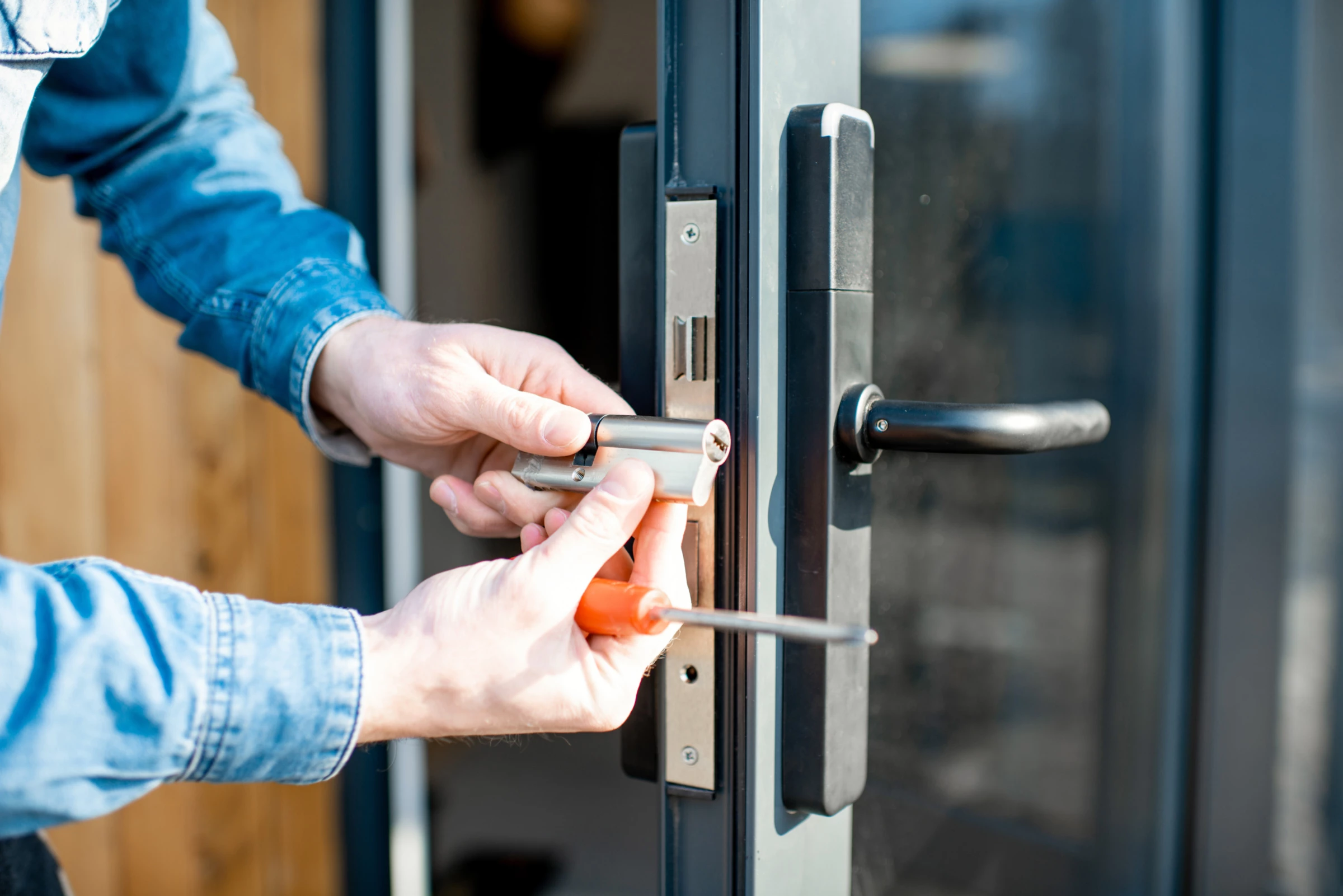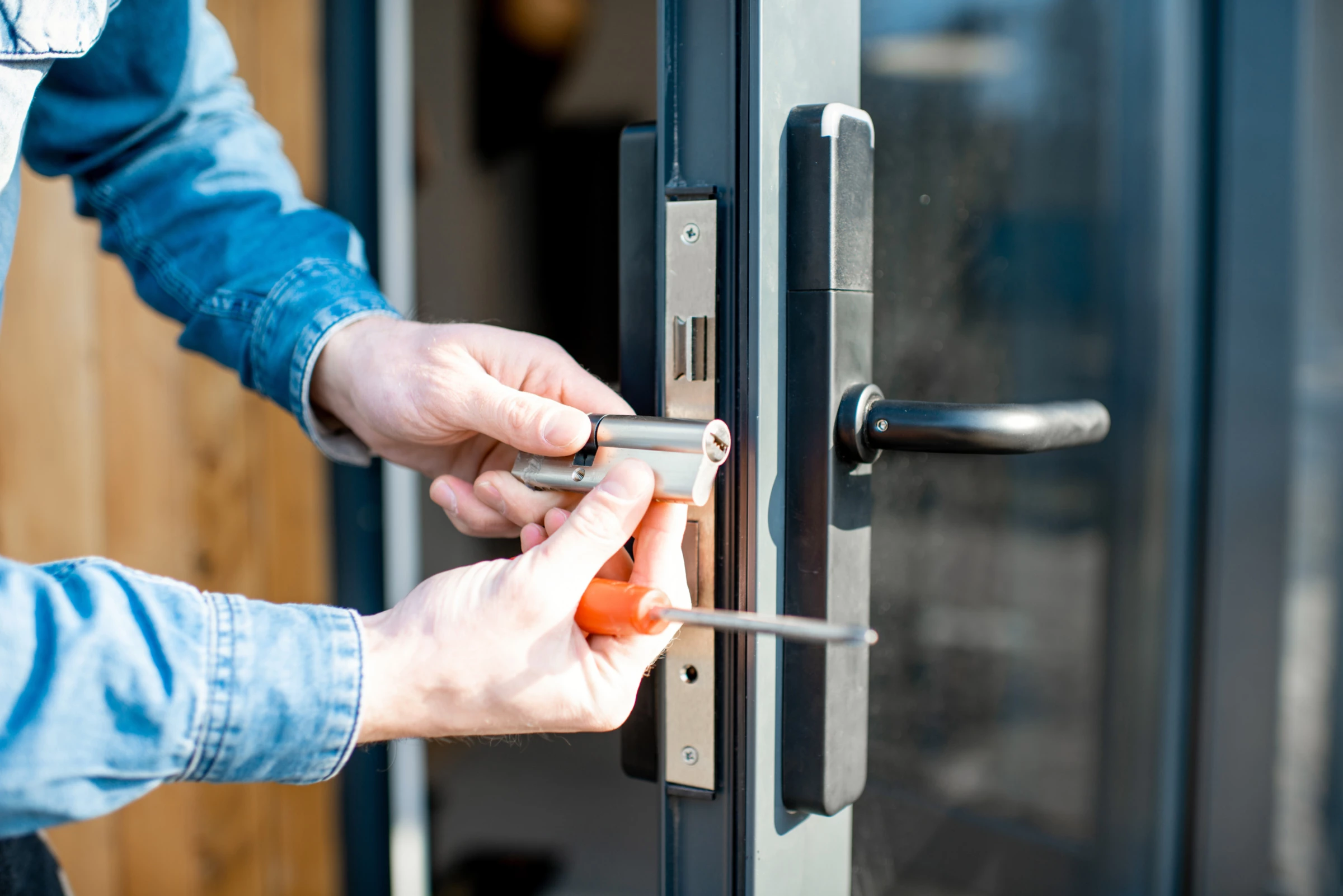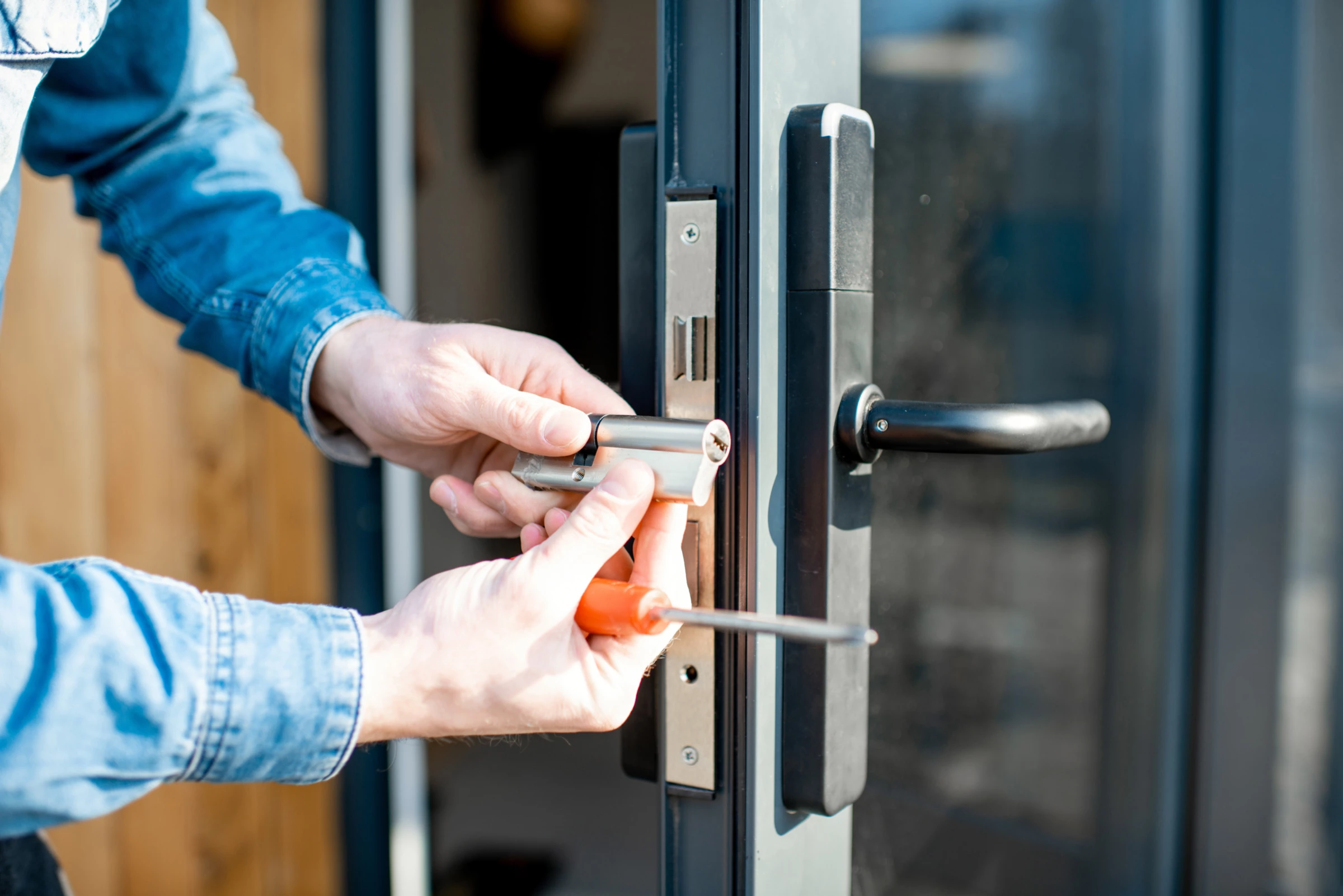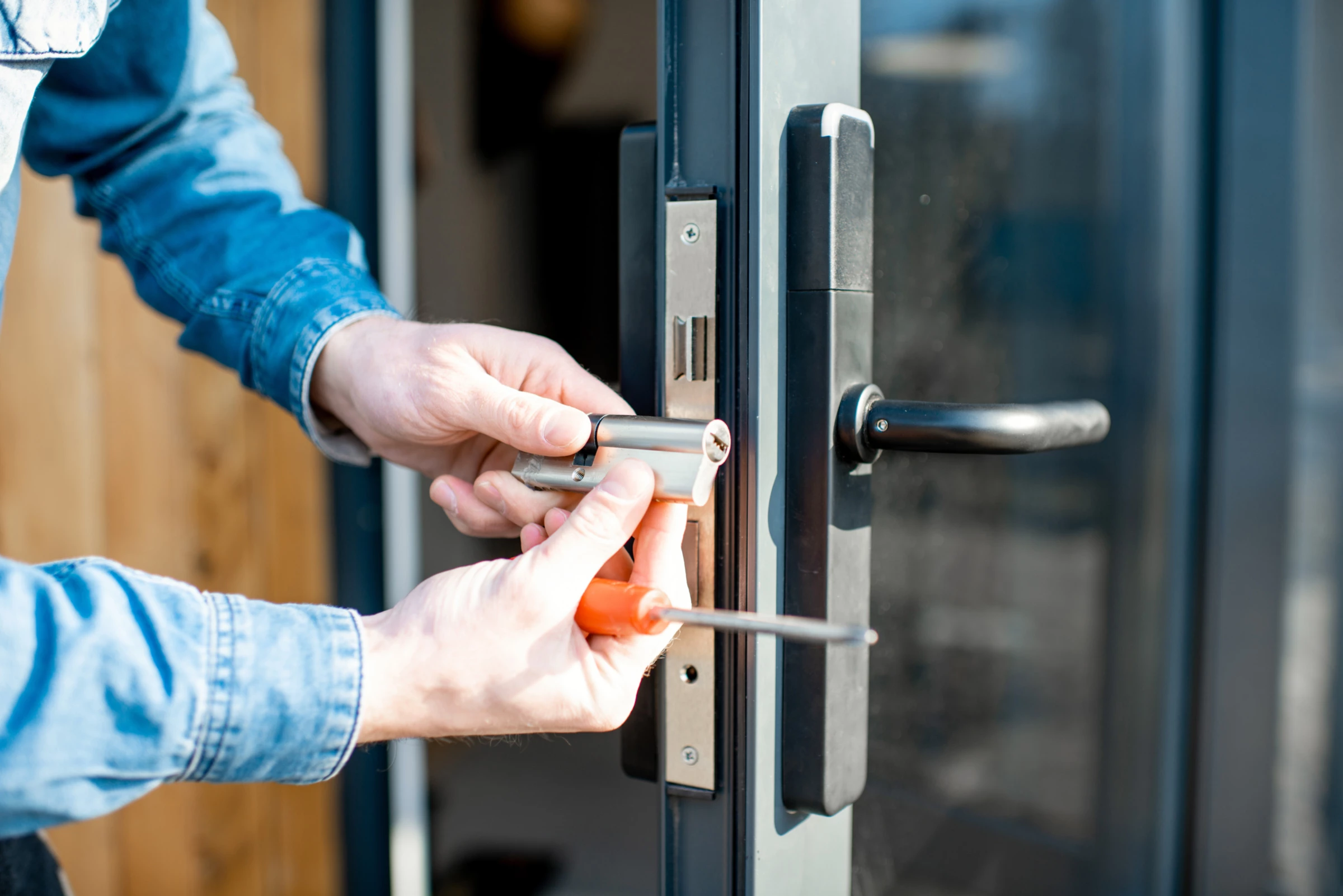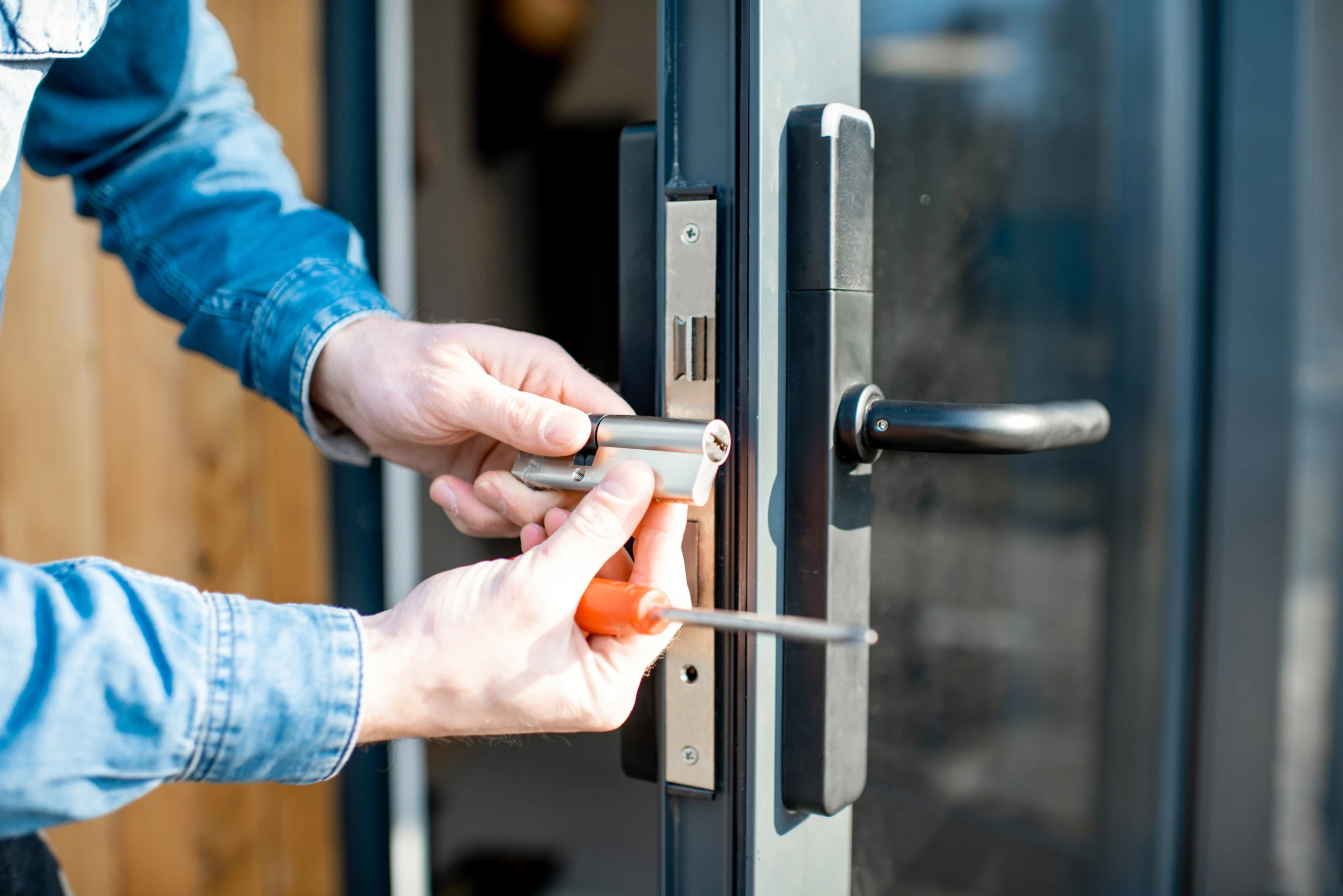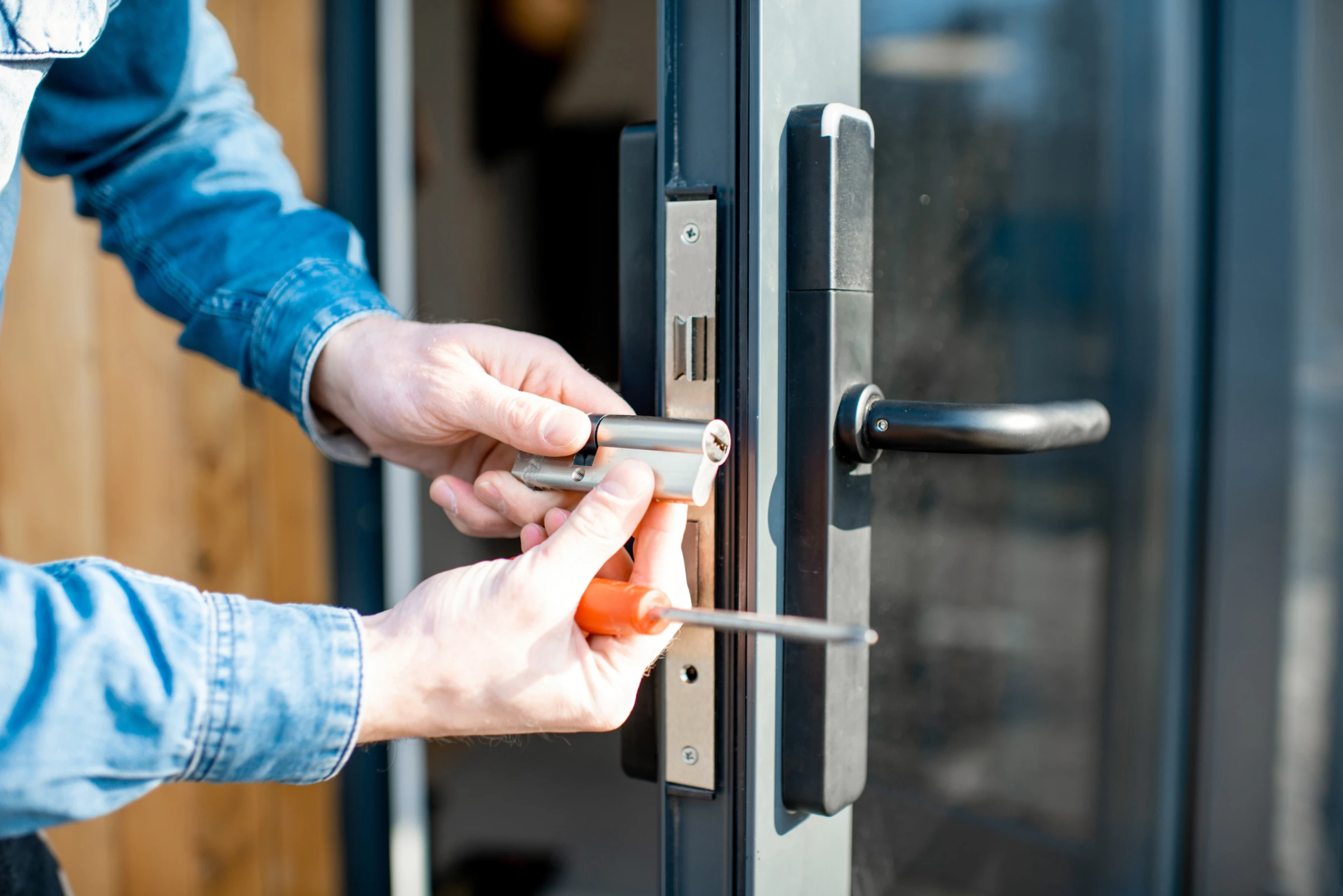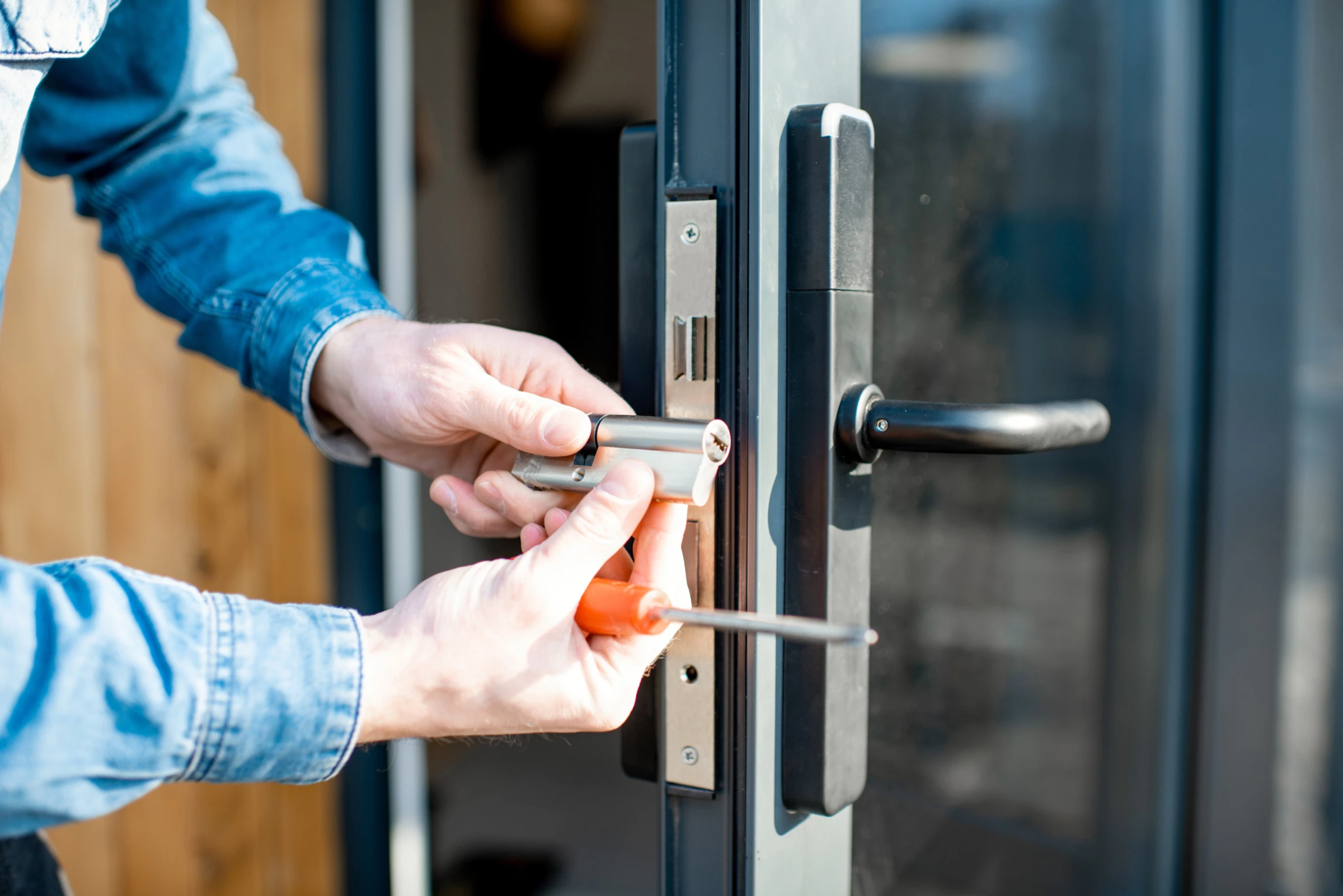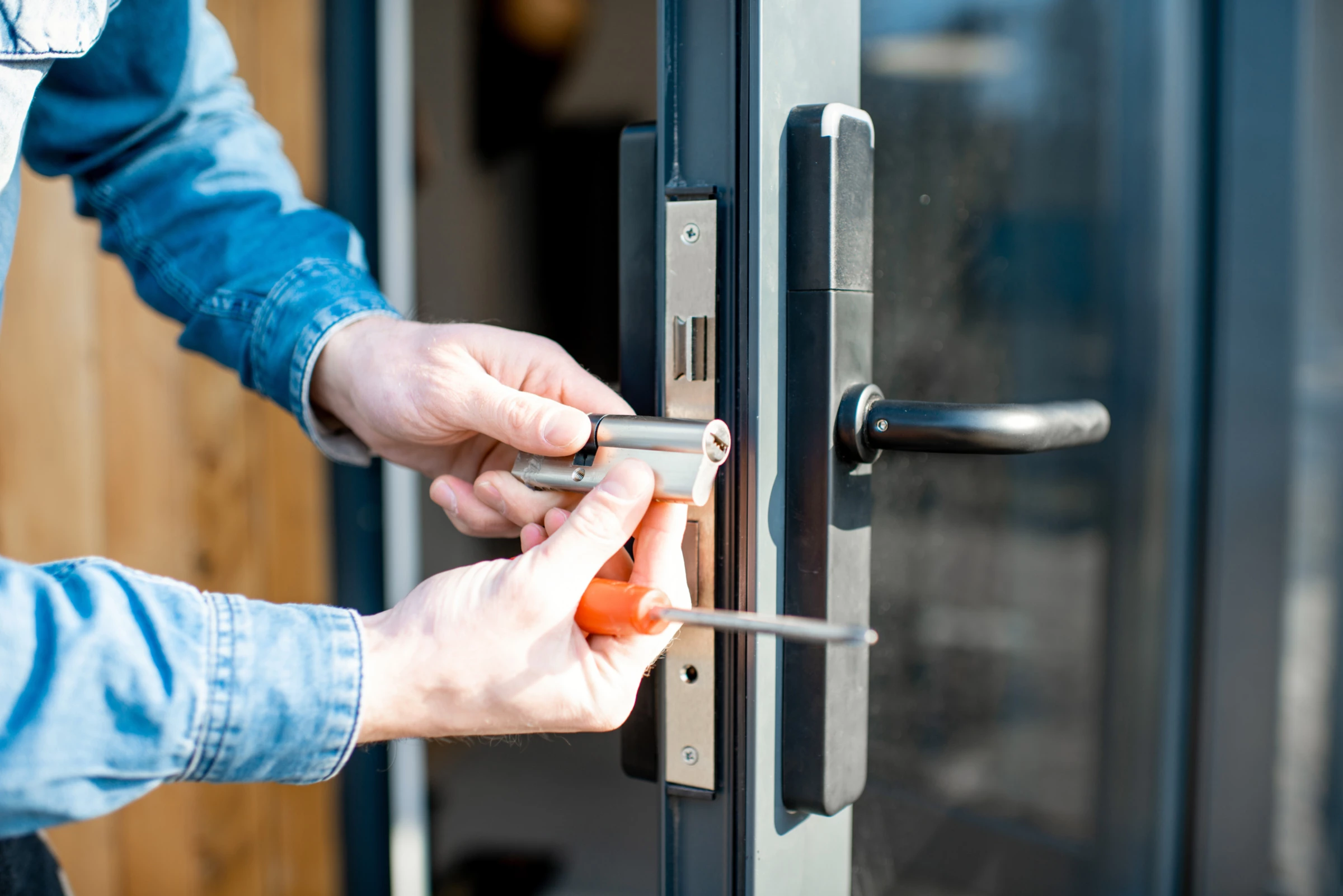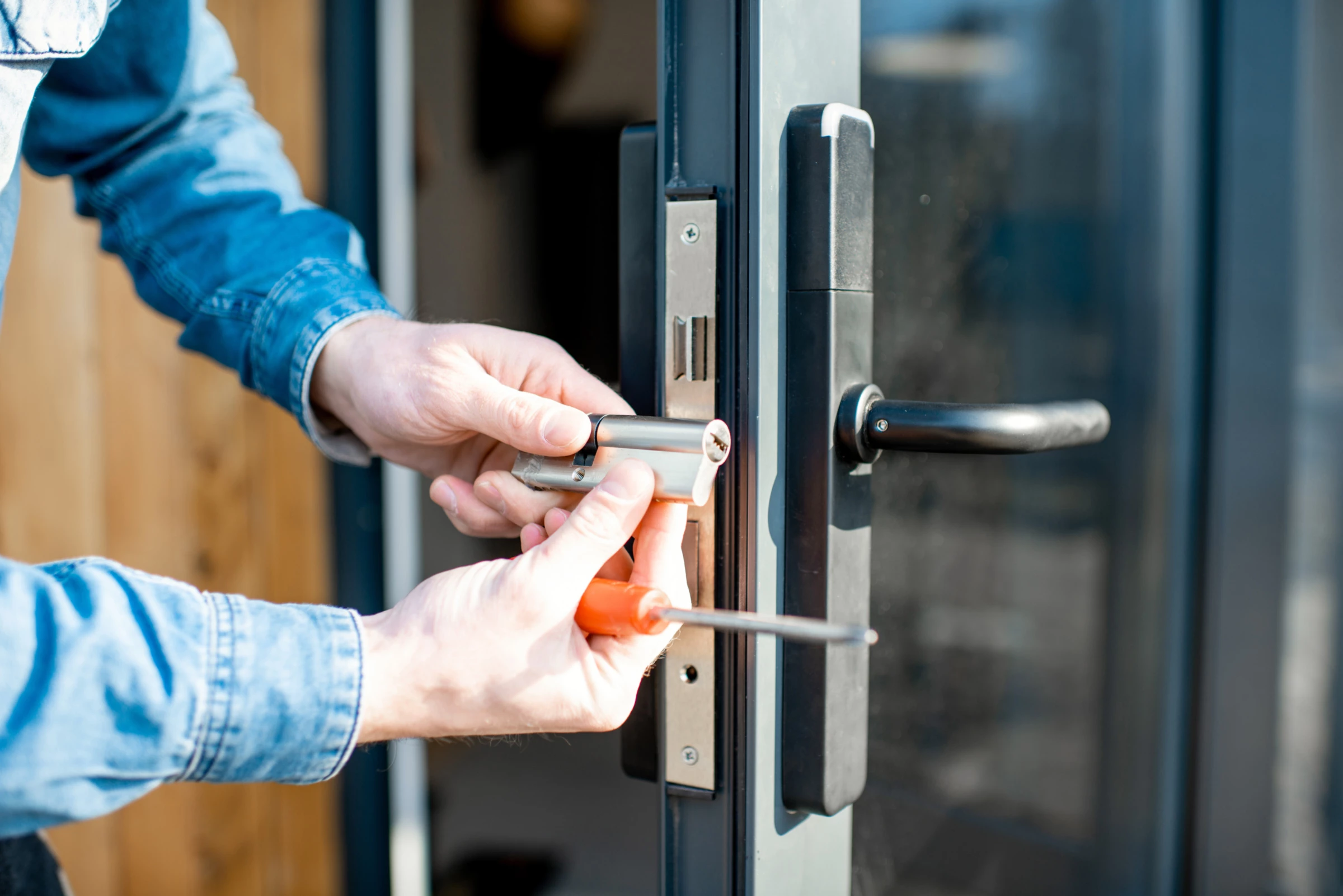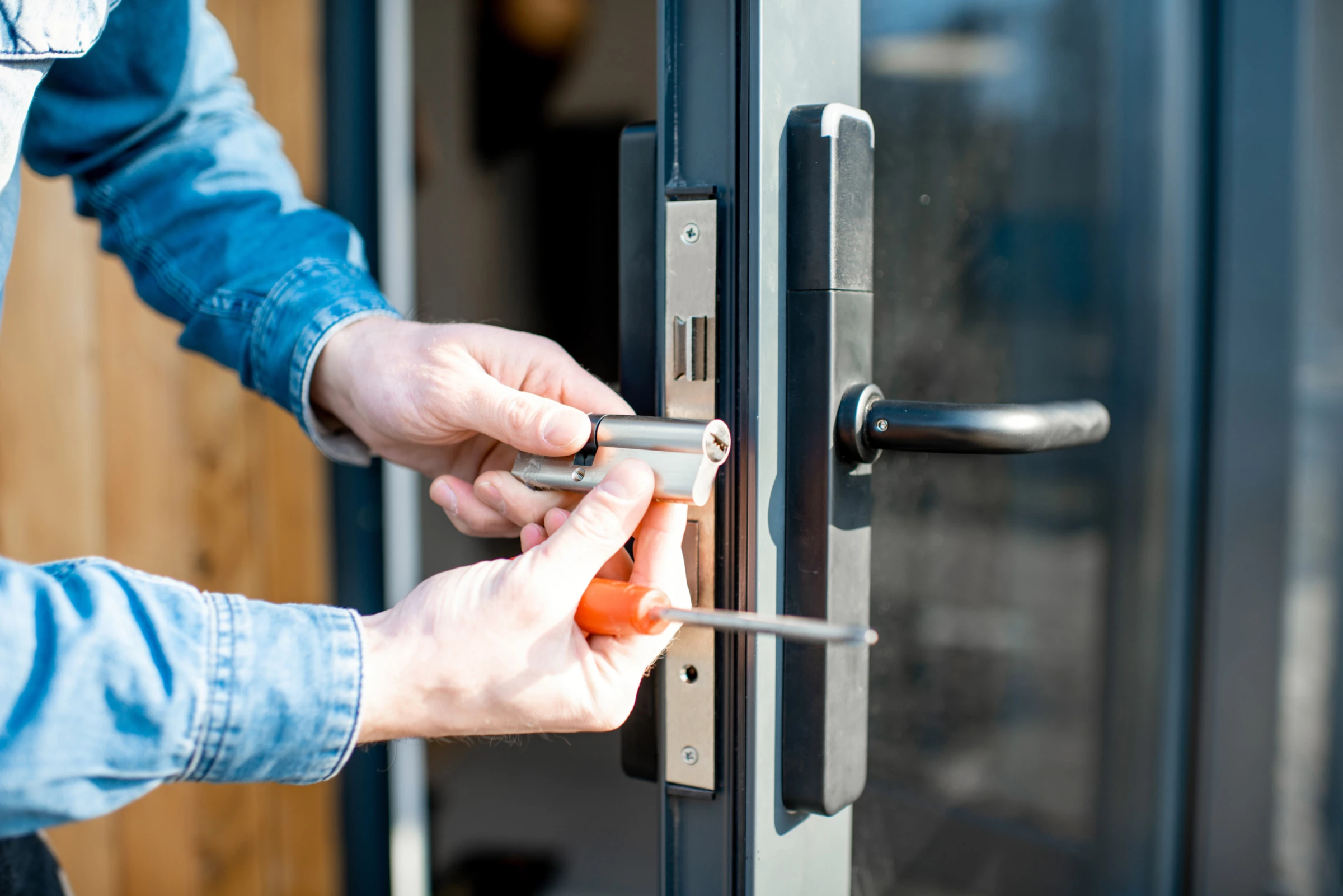When locksmith professionals take on institutional contracts - from government buildings and hospitals to schools and corre…
Locksmith Vehicle Insurance: Essential Coverage for Mobile Security Professionals
Mobile locksmiths face unique risks every day. From transporting expensive tools and equipment to providing emergency services at various locations, your vehicle is the lifeline of your locksmith business. Standard commercial vehicle insurance often falls short of covering the specialized needs of locksmith operations, making dedicated locksmith vehicle insurance essential for protecting your business on the road.
Understanding Locksmith Vehicle Insurance
Locksmith vehicle insurance is specialized commercial vehicle coverage designed specifically for mobile locksmith professionals. Unlike standard commercial auto policies, this insurance recognizes the unique risks associated with carrying locksmith tools, equipment, and providing mobile services across different locations.
This coverage typically includes protection for your vehicle, the specialized tools and equipment you carry, liability coverage for work performed at customer locations, and business interruption protection when your vehicle is out of service.
Why Standard Vehicle Insurance Isn't Enough
Standard commercial vehicle insurance policies often exclude coverage for tools and equipment, limit coverage for mobile service operations, and may not provide adequate liability protection for locksmith-specific risks. Many insurers also restrict coverage for vehicles used in emergency services or 24-hour operations.
The high value of locksmith equipment, including key cutting machines, lock picking tools, and diagnostic equipment, requires specialized coverage that standard policies simply don't provide. Additionally, the mobile nature of locksmith work creates liability exposures that traditional vehicle insurance doesn't address.
Key Coverage Components
Vehicle Protection
Comprehensive coverage for your locksmith van or truck, including collision, comprehensive, and liability insurance. This includes protection against theft, vandalism, weather damage, and accidents while traveling to customer locations.
Tools and Equipment Coverage
Specialized coverage for your locksmith tools, key cutting machines, diagnostic equipment, and inventory. This includes protection against theft from your vehicle, damage during transport, and replacement costs for specialized equipment.
Mobile Service Liability
Coverage for liability claims arising from locksmith services performed at customer locations. This includes protection against property damage, personal injury claims, and professional liability related to your mobile operations.
Business Interruption
Protection for lost income when your vehicle is out of service due to an accident, theft, or mechanical breakdown. This coverage helps maintain cash flow while your vehicle is being repaired or replaced.
Goods in Transit
Coverage for customer property, keys, locks, and other items being transported to or from job sites. This protects against claims for lost or damaged customer property while in your care.
Common Risks for Mobile Locksmiths
Vehicle-Related Risks
Mobile locksmiths face increased accident risks due to frequent travel, emergency response requirements, and working in unfamiliar locations. Weather conditions, traffic congestion, and night-time driving for emergency calls all increase accident probability.
Tool and Equipment Theft
Locksmith vehicles are prime targets for thieves due to the high value and resale potential of specialized tools. Break-ins can result in thousands of pounds in losses and significant business disruption.
Customer Property Damage
Accidentally damaging customer vehicles, doors, or property while providing locksmith services can result in costly liability claims. Even minor scratches or damage can lead to expensive repair bills.
Emergency Response Liability
Providing emergency locksmith services, particularly late at night or in challenging conditions, increases the risk of accidents and liability claims. Rushed jobs and difficult working conditions can lead to mistakes or injuries.
Professional Liability
Errors in key cutting, lock installation, or security system work can compromise customer security and lead to significant liability claims. Failed locks or security breaches can result in substantial damages.
Choosing the Right Coverage Limits
Vehicle Value Assessment
Ensure your vehicle coverage reflects the current replacement value, including any modifications or specialized equipment installations. Consider agreed value coverage for older vehicles with specialized modifications.
Equipment Valuation
Maintain detailed inventories of all tools and equipment with current replacement costs. Consider higher limits for expensive diagnostic equipment and key cutting machines.
Liability Limits
Choose liability limits that reflect the potential costs of property damage and injury claims. Consider the value of properties you service and potential security-related liability exposures.
Business Interruption Calculation
Calculate potential daily income loss if your vehicle is out of service. Consider seasonal variations and peak demand periods when determining appropriate coverage levels.
Cost Factors and Savings Opportunities
Premium Influencing Factors
Insurance costs depend on vehicle type and value, coverage limits selected, business location and service area, driving records and claims history, security measures implemented, and annual mileage and usage patterns.
Potential Discounts
Many insurers offer discounts for vehicle security systems, GPS tracking devices, secure overnight parking, clean driving records, professional certifications, and bundling with other business insurance policies.
Risk Management Strategies
Implementing proper security measures, maintaining detailed equipment inventories, following safe driving practices, and regular vehicle maintenance can help reduce premiums and claims.
Claims Process and Documentation
Immediate Response
In case of an accident or theft, immediately contact emergency services if needed, secure the scene and remaining equipment, document damage with photos, obtain police reports when required, and notify your insurance provider promptly.
Documentation Requirements
Maintain detailed records of all tools and equipment, including serial numbers, purchase dates, and values. Keep receipts for all equipment purchases and regular photos of your vehicle setup and equipment storage.
Working with Adjusters
Provide complete and accurate information about losses, cooperate fully with the investigation process, maintain detailed records of business interruption costs, and work with approved repair facilities when possible.
Regulatory Considerations
Licensing Requirements
Ensure your insurance meets any local licensing requirements for locksmith businesses. Some areas require specific coverage levels or policy types for licensed locksmiths.
Customer Contracts
Review customer service agreements to ensure your insurance coverage aligns with contractual obligations and liability assumptions.
Industry Standards
Consider coverage recommendations from locksmith industry associations and professional organizations when selecting policy limits and coverage options.
Selecting an Insurance Provider
Specialist Knowledge
Choose insurers with experience in locksmith and mobile service businesses. Look for providers who understand the unique risks and coverage needs of your industry.
Claims Handling
Research the insurer's reputation for claims handling, particularly for tool and equipment claims. Fast, fair claims settlement is crucial for maintaining business operations.
Coverage Flexibility
Select insurers who offer flexible coverage options that can adapt to your changing business needs, including seasonal adjustments and equipment additions.
Financial Stability
Choose financially stable insurers with strong ratings from independent rating agencies. This ensures they can meet their obligations when claims arise.
Additional Considerations
Seasonal Adjustments
Consider seasonal variations in your business when selecting coverage. Holiday periods and winter months may require different coverage levels due to increased demand or weather-related risks.
Business Growth Planning
Choose policies that can easily accommodate business growth, including additional vehicles, expanded service areas, and increased equipment values.
Technology Integration
Modern locksmith vehicles often include GPS tracking, mobile payment systems, and digital diagnostic equipment. Ensure your coverage includes protection for these technological investments.
Conclusion
Locksmith vehicle insurance is essential protection for mobile security professionals who depend on their vehicles for business operations. The unique risks associated with carrying valuable tools, providing mobile services, and responding to emergency calls require specialized coverage that goes beyond standard commercial vehicle insurance.
By understanding your coverage needs, implementing proper risk management strategies, and working with experienced insurance providers, you can protect your mobile locksmith business against the various risks you face on the road. Regular policy reviews and updates ensure your coverage continues to meet your evolving business needs.
Investing in comprehensive locksmith vehicle insurance isn't just about meeting legal requirements – it's about protecting the foundation of your mobile business and ensuring you can continue serving customers even when unexpected events occur.


 0330 127 2333
0330 127 2333
